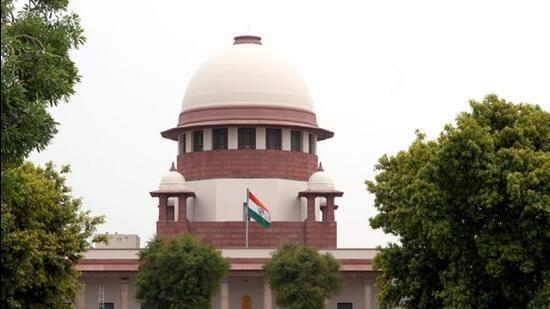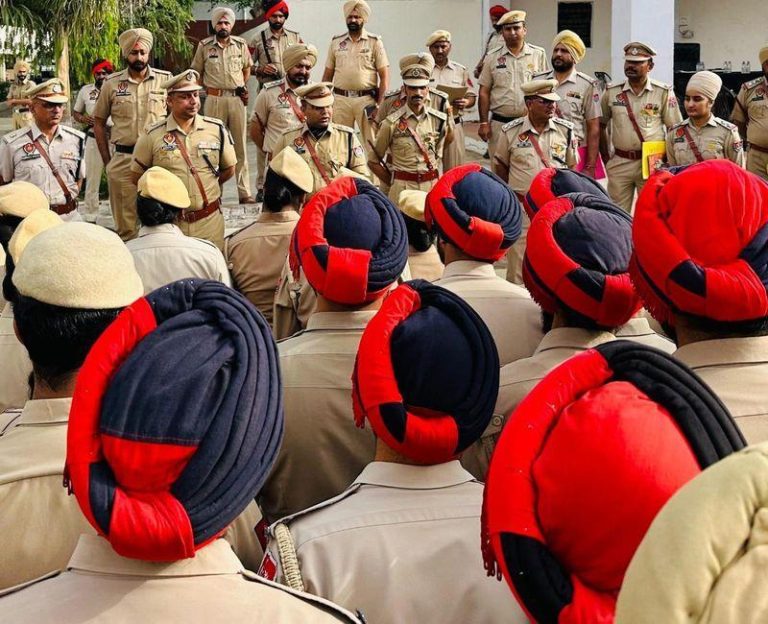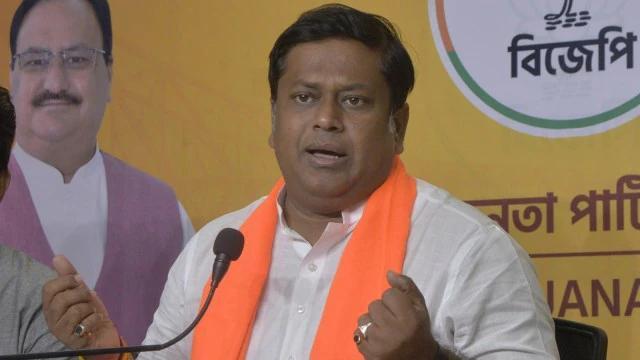
The State of Punjab Means Absent: SC on Non-Appearance of Counsel
The Supreme Court recently censured the Punjab government over the absenteeism of its advocates in cases. In a stern rebuke, the court remarked, “This is everyday drama. The state of Punjab means absent.” This statement was made while hearing a plea filed by the state government against the Punjab and Haryana High Court order of bail to SAD leader Bikram Singh Majithia in 2022.
The court’s sharp criticism of the Punjab government’s counsel is a reflection of the chronic absenteeism plaguing the state’s legal system. The absence of advocates has become a recurring issue in the state, causing unnecessary delays and inconvenience to litigants. The Supreme Court’s scathing remark highlights the need for the Punjab government to take concrete steps to address this problem.
The episode began when the Punjab and Haryana High Court granted bail to SAD leader Bikram Singh Majithia in 2022. The Punjab government challenged this decision in the Supreme Court, but failed to appear before the court despite being served with notices. The absence of the state’s counsel meant that the court had to proceed with the case ex parte, which is a formal process where the court hears one side of the case without the opposing party being present.
The Supreme Court’s censure of the Punjab government is not the first instance of its kind. In the past, the court has expressed frustration over the lack of representation by the state’s counsel in cases. This has resulted in unnecessary delays and wastage of precious judicial time. The court has also faced the challenge of dealing with cases where the state’s counsel is absent, which can lead to miscarriage of justice.
The reasons for the absenteeism of advocates in Punjab are varied and complex. One of the main reasons is the lack of infrastructure and resources available to the state’s legal system. The state’s law officers often face difficulties in accessing case files, court records, and other essential documents, which can lead to their absence from court hearings.
Another reason is the lack of accountability among the state’s counsel. In many cases, advocates are appointed without proper scrutiny, which can lead to their absence from court hearings. The state government’s failure to monitor the performance of its counsel and take disciplinary action against those who fail to appear in court is also a contributing factor to the absenteeism.
The Supreme Court’s rebuke of the Punjab government is a wake-up call for the state’s administration to take concrete steps to address the issue of absenteeism among its counsel. The state government needs to ensure that its counsel are adequately equipped to handle cases and are held accountable for their performance.
The Punjab government can start by improving the infrastructure and resources available to its legal system. This includes providing adequate facilities for case files, court records, and other essential documents. The government can also establish a robust monitoring system to track the performance of its counsel and take disciplinary action against those who fail to appear in court.
Additionally, the state government can consider appointing more experienced and qualified lawyers as its counsel. This can help to improve the overall quality of representation and reduce the likelihood of absenteeism.
In conclusion, the Supreme Court’s censure of the Punjab government over the absenteeism of its counsel is a stark reminder of the need for the state’s administration to take concrete steps to address this issue. The state government needs to ensure that its counsel are adequately equipped to handle cases and are held accountable for their performance. Only then can the state’s legal system deliver justice to its citizens in a fair and timely manner.






